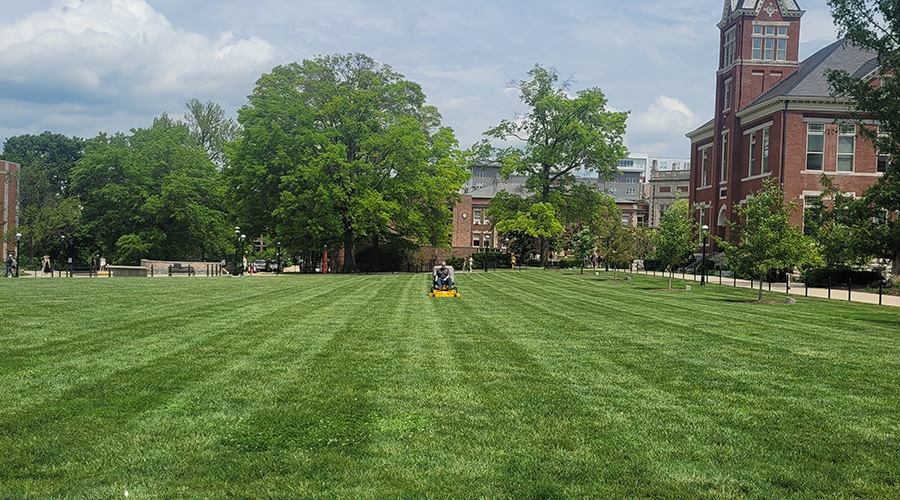Create Proactive System for Legal Challenges With Ice and Snow Issues
Creating a more proactive system for managing the legal challenges associated with snow and ice management will give managers a more well-rounded approach to winter weather. Aside from actually servicing the sites, it is the managers' responsibility to make sure the facility is not exposed to litigation stemming from service failure or accidents tied to snow removal. The value of a professional snow-management company can really be felt in this area, as this is a core service they provide. But it also is an area on which in-house managers should focus. Best practices tied to liability include:
Insurance. Managers must verify that third-party service providers have snow-specific insurance riders that will cover snow-related service failures, if necessary. They also must communicate proactively with top facilities management and insurance providers about training on snow and ice management, methods, and challenges.
Site engineering plan. As described earlier, such a plan helps verify areas to properly locate and stack snow to proactively prevent problems related to melting and refreezing, as well as lines of site.
Documentation of service. This practice means having a well-defined process for documenting service during the storm, as well as a system to collect, organize, and store the documentation. This information should include operator logs that verify the service conducted, as well as the conditions before and after the service.
Quality contracts: Managers who work with a snow contractor or management company must make sure the contract provides specific direction for the result of the service — typically referred to as the scope of work — and it should identify special considerations or challenges up front. It also is essential that the contract identifies up front the decision-makers who are tied to service during a snow event in order to limit confusion during the chaos of a big storm.
Brian Birch began working for the Snow and Ice Management Association (SIMA) in 2004 as the membership administrator. He is now the group's chief operating officer, focusing on marketing, sales, technology, and educational initiatives. Phill Sexton has enjoyed a 20-plus-year career in the snow and ice and greens industries. He has experience at local, regional, and national levels in both professions, including business owner and operator, landscape supervisor, arborist, branch and regional manager, and national director.
Related Topics:














